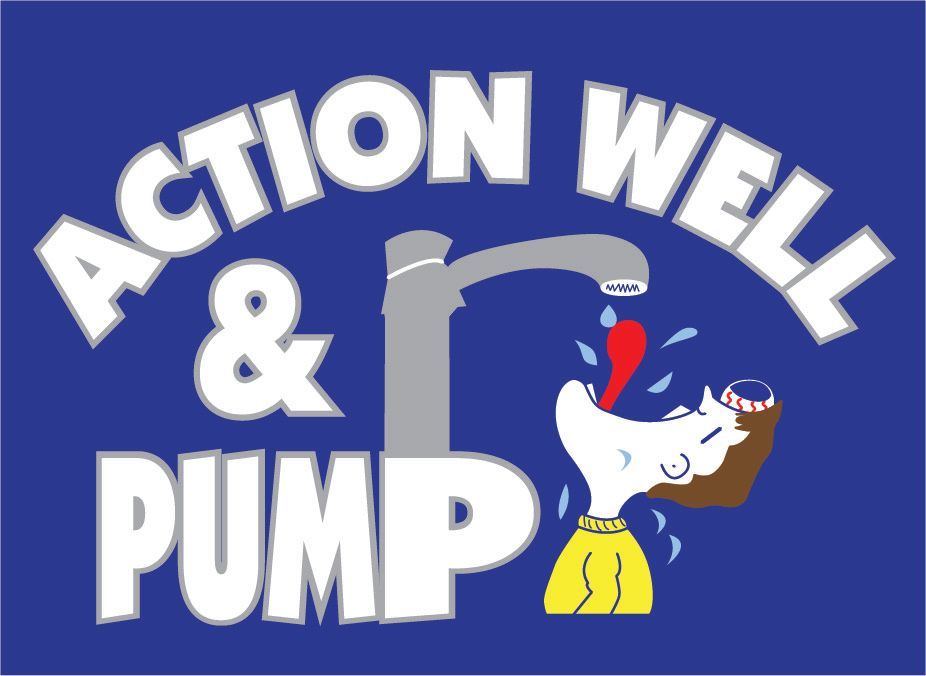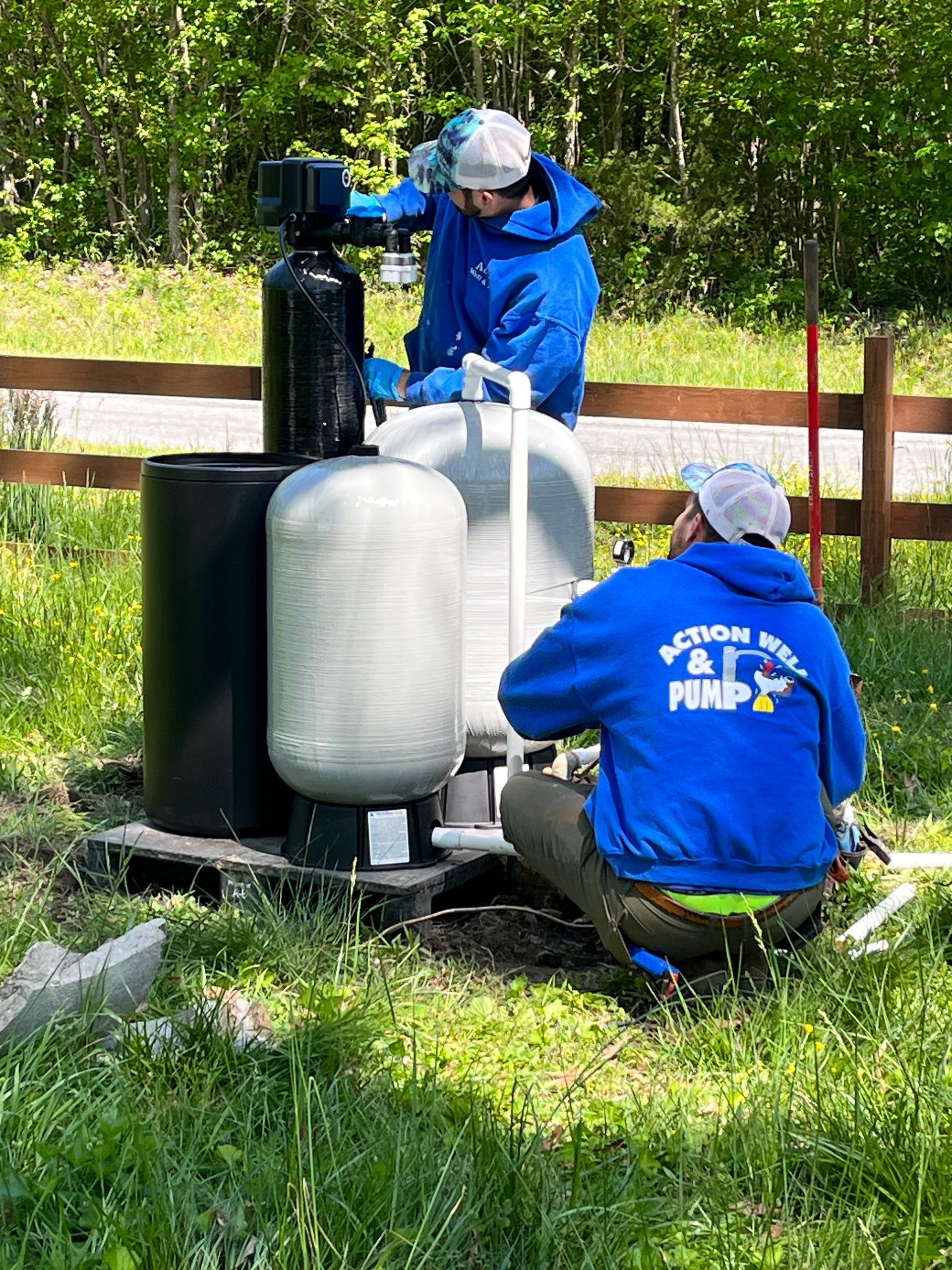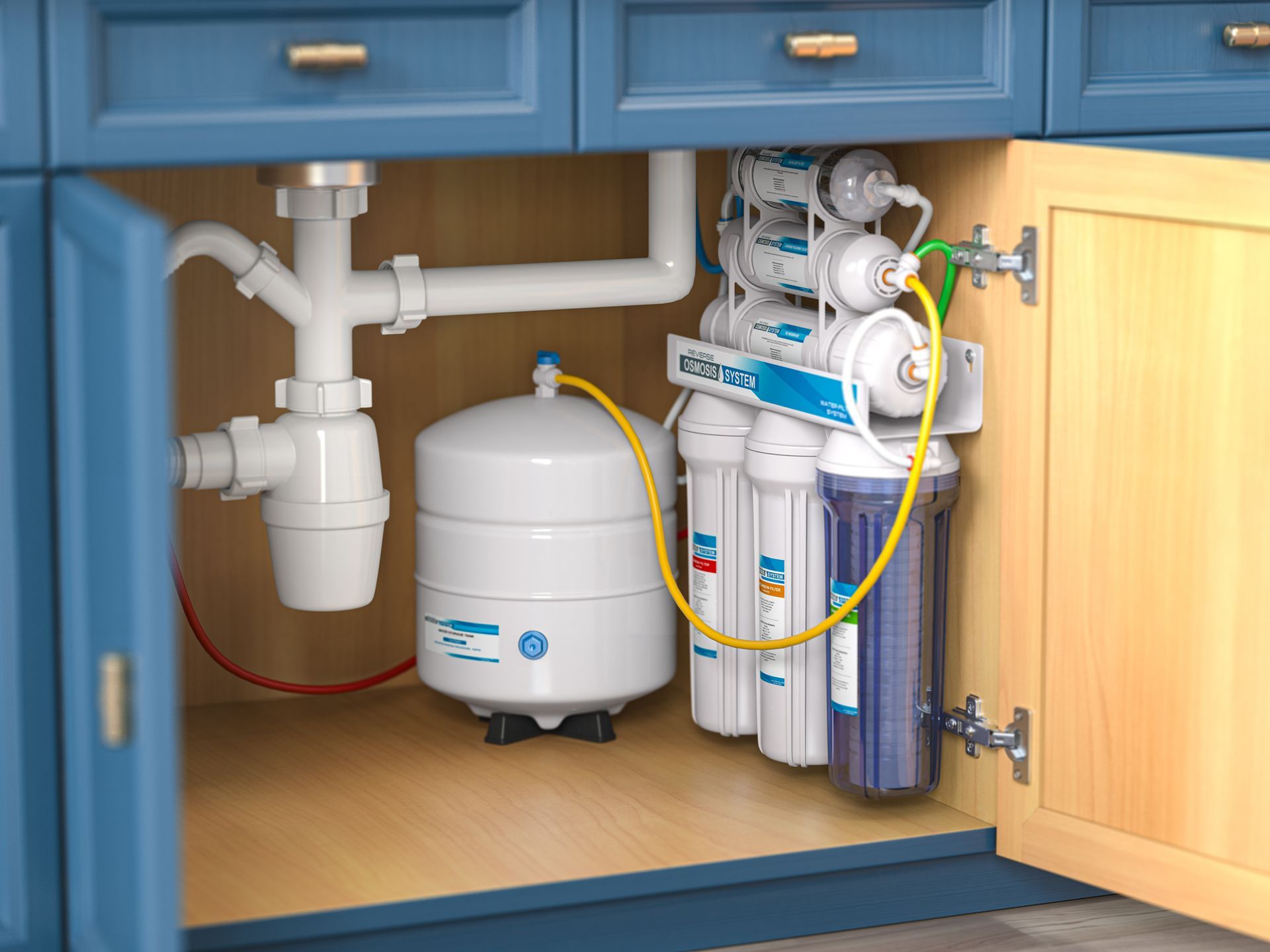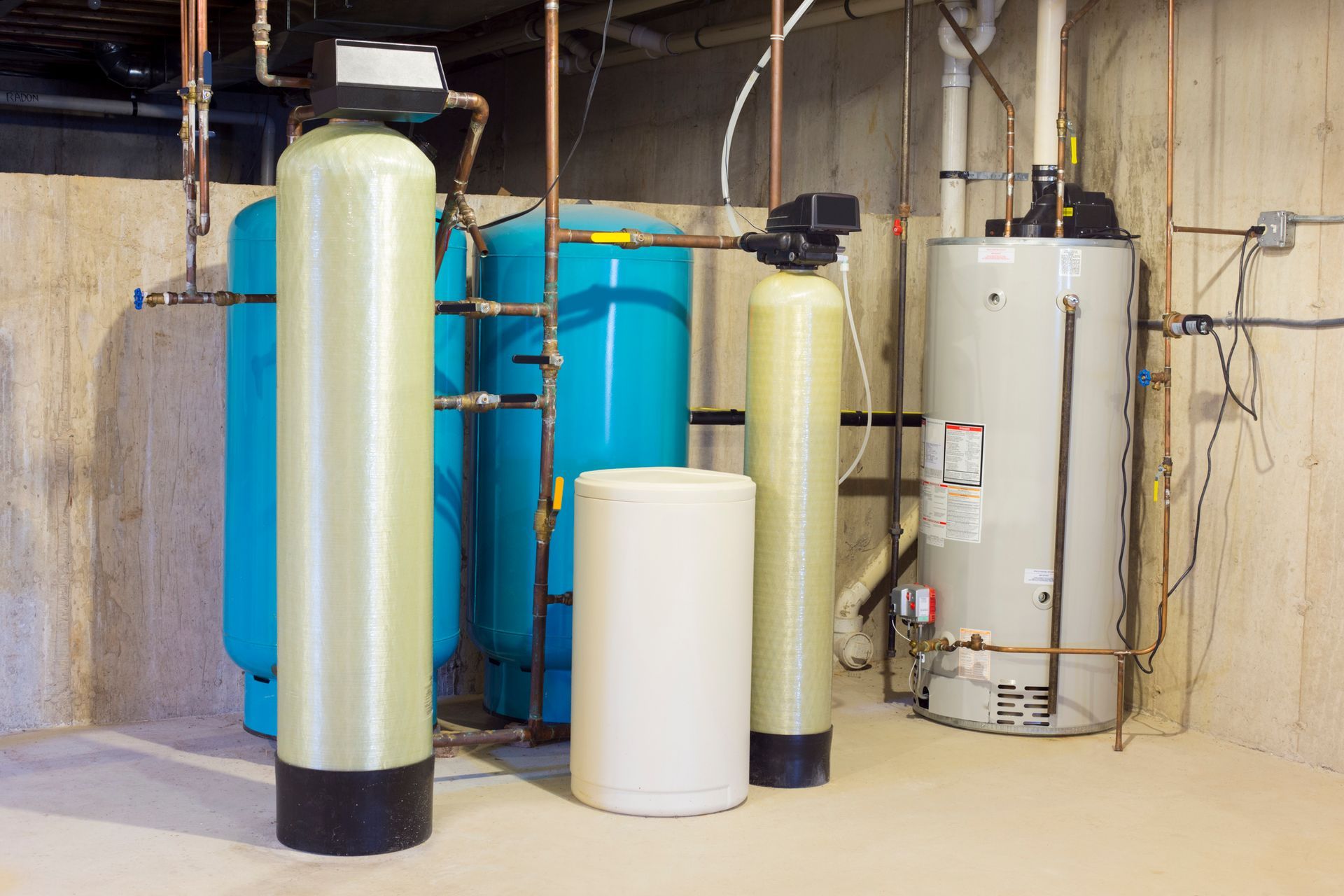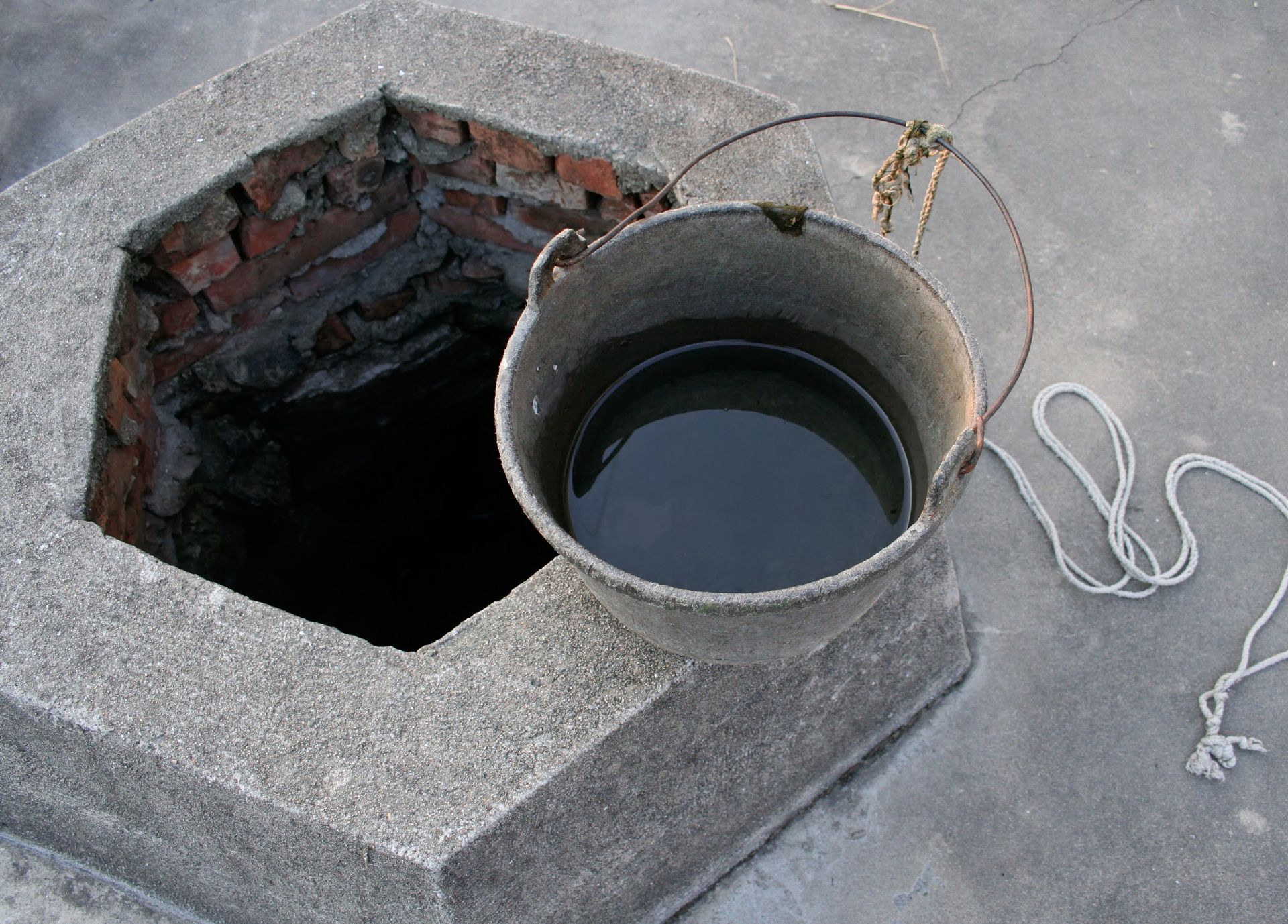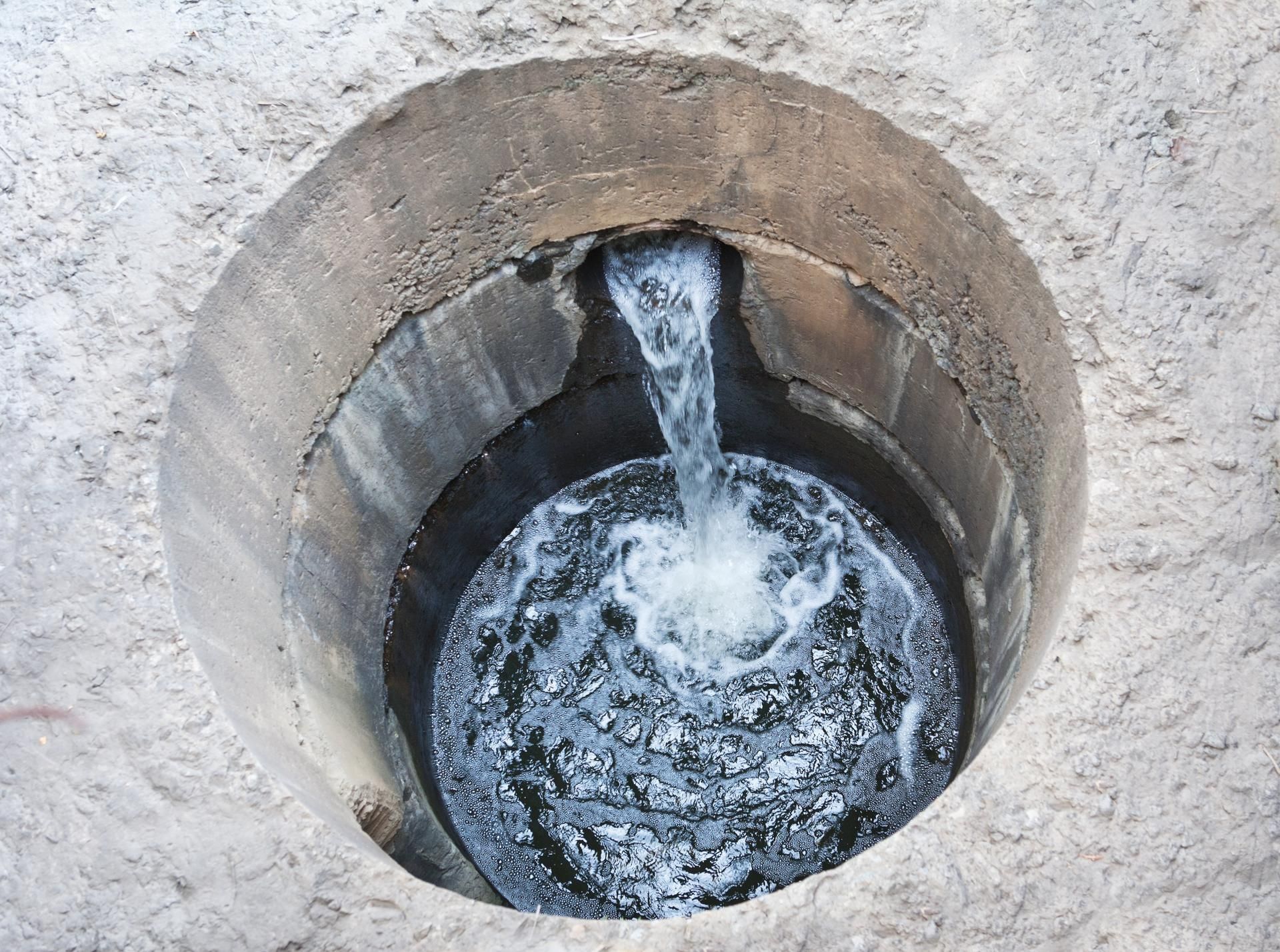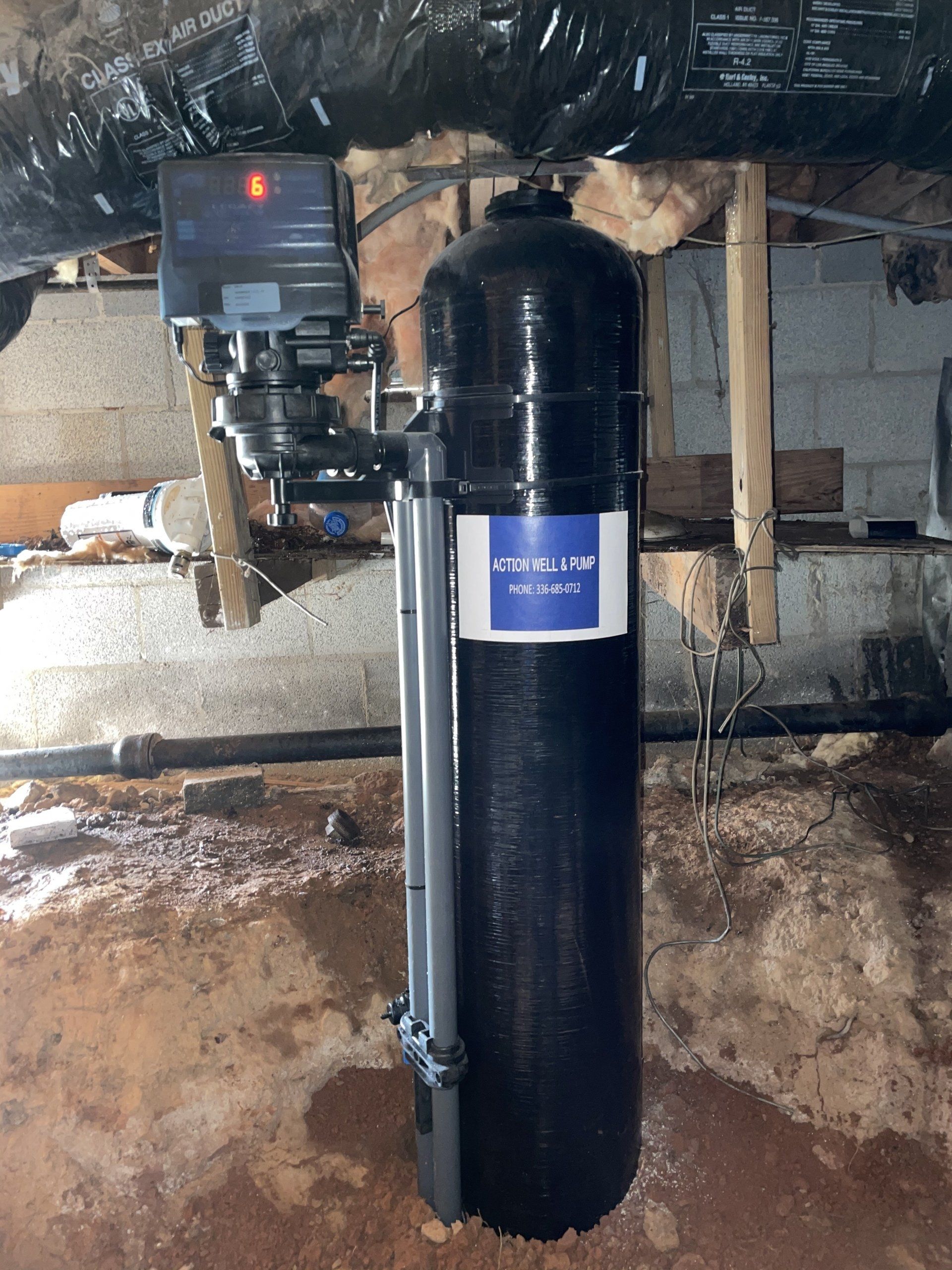Does Your Water Smell Like Rotten Eggs? You Can Fix It

When you turn on your faucets, you expect clean, free-flowing water that does not have a smell to gush forth. Unfortunately, this is not always the case if you use well water. Some well owners smell a horrible odor. This odor is sulfur and often smells like a rotten egg. There are a couple of questions you must ask yourself to help to determine if this smell could becoming from your well or your water heater. Once you determine the source, there are some steps you can take to get rid of it.
When Do You Smell It?
One of the first things to figure out is exactly when you smell the odor. Do you smell it at all times or only when you turn on your hot water faucets? If you smell the odor anytime your water is running, hydrogen sulfide gas in your well is the most likely culprit.
The natural decay of organic matter within your well creates a bacteria that feeds off the small amounts of sulfur found in water. These bacteria thrive and multiply by converting the decaying organic compounds into energy. Hydrogen sulfide becomes a by-product due to the lack of oxygen in a deep well.
The smell being only discernable when the hot water is on may indicate that the odor is generated by your hot water heater and not your well. Some electric water heaters use a magnesium anode to reduce corrosion and increase the life of your water heater. A chemical reaction between the magnesium anode and the naturally occurring sulfate in your water can cause hydrogen sulfide.
A simple test can determine if hydrogen sulfide is present in your water. Tests can be performed using home testing kits available at many of your big box stores. You can also consult your local health department or local county extension agents for testing resources in your area.
How Do You Fix It?
Where the hydrogen sulfate is will determine how you remove the odor. If the problem is in your water heater, the fix may be as simple as replacing the magnesium anode with an aluminum rod. Swapping the metals will eliminate the chemical reactions causing the hydrogen sulfide.
If the odor is originating in your well, there are several ways to fix it. They each have different price points and maintenance requirements.
Shock Chlorination Treatment
Using liquid or granulated shock chlorination treatment is one of the simplest, quickest, and cheapest ways to address hydrogen sulfide in your well. This treatment involves pouring a chlorine-based product directly into your well to kill the organic bacteria that is causing the odor.
While shock chlorination may work for a short time and eliminate the odor, you run the risk of the bacteria quickly returning. High levels of chlorine can also kill the beneficial bacteria in your septic system.
Oxidizing Filters
When placed on the incoming water line, these point-of-entry devices use a variety of mediums to convert the dissolved contaminants and gases into solid particles. Once solid, the filters can then eliminate these particles from your water.
Oxidizing filters require regular backwashing to keep the particles from clogging the filters and allowing sludge to enter your plumbing system. Filters constructed from certain mediums may need to be regenerated from time to time. While some filters can be restored using certain chemicals, others will need to be serviced by the vendor.
Sulfur Eliminator
One way to eliminate hydrogen sulfate from your well is to introduce oxygen. The sulfur eliminator circulates the water in your well through the device, reintroduces the oxygenated water back into your well, and releases the stinky gases into the air. Once treated for a very short period, your well water will no longer smell.
Action Well & Pump Repair can help you identify and eliminate the source of the rotten egg smell coming out from your well system. Give us a call today.
